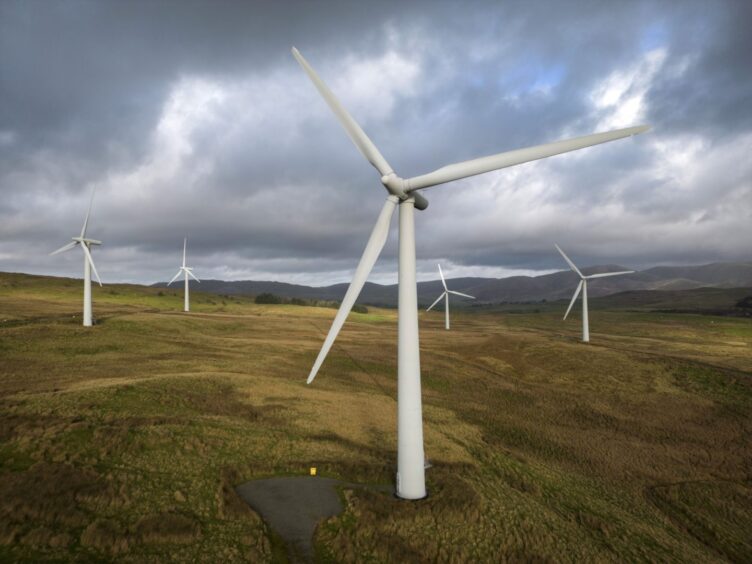
Cubico has announced plans to develop England’s biggest onshore wind farm, signalling a potential ramp up of capacity after the end of the de facto ban.
Scout Moor II is set to have a capacity of 100MW and will be located next to the existing 65MW Scout Moor wind farm, itself one of the biggest wind farms operating in England, between Edenfield, Rawtenstall, and Rochdale in the Northwest.
Subject to planning permission, Scout Moor II could be operational before 2030.
The project marks one of the first major onshore wind developments in England to enter planning in over a decade since the Labour government lifted the de facto ban on onshore wind farms in the country.
The Conservative policy prevented new wind farms from being developed since 2015.
A recent report from the National Energy System Operator (NESO) said that the UK’s onshore wind capacity needs to double, going from the current 13GW to 27GW by 2030, to meet the country’s clean energy targets.
However, the long hiatus in developments could delay a much-needed ramp up in capacity. Industry figures have warned that, after nearly a decade of inactivity, England faces an “intelligence gap” in the planning process that could slow down approvals.
While one English wind farm was present in the Allocation Round 6 (AR6) results from earlier this year, it was only for the small 8MW Alaska project in Dorset.
Head of Northern Europe at Cubico James Pinney said: “While more action is needed on simplifying planning policy if the UK is to hit its 2030 clean power targets, the steps taken by the current government to date have created an appealing market for onshore wind investors.
“There is more enthusiasm, excitement, and opportunity in UK onshore wind than there has been for some time.”
Onshore wind ambitions
Other companies have also said that they are eyeing onshore wind projects in England post-ban, including Octopus Energy, RWE, RES Group, EDF Renewables, Coriolis Energy and Ridge Energy.
Statkraft has also said that it is exploring the potential for developing new wind farms in England, but urged caution as it doesn’t expect a “sudden rush of development”.
Pinney added: “We’re excited about the opportunity for Scout Moor II to play a key role in helping the UK achieve its net zero ambitions and enhance the Northwest’s position as a national hub for clean energy generation.
“As we progress, we’re looking forward to engaging with local communities and ensuring their participation helps shape a project that leaves positive social, economic and environmental benefits for all.”
Cubico estimated that the proposed wind farm could bring an estimated £200 million of investment and hundreds of skilled green jobs to the region across the project’s lifetime.
The company has also proposed creating a multi-million-pound community wealth fund and moorland restoration and management plan to support local initiatives and promote biodiversity across the area.
Cubico CEO David Swindin commented: “Our proposal for Scout Moor II reflects our strong confidence in the UK renewables sector and Britain’s potential to become a global clean energy powerhouse.
“We’re encouraged by the government’s vision to accelerate the build out of renewable energy infrastructure across the country, and we are committed to delivering projects that decarbonise our power system, enhance energy security, and benefit local communities.”
Recommended for you
